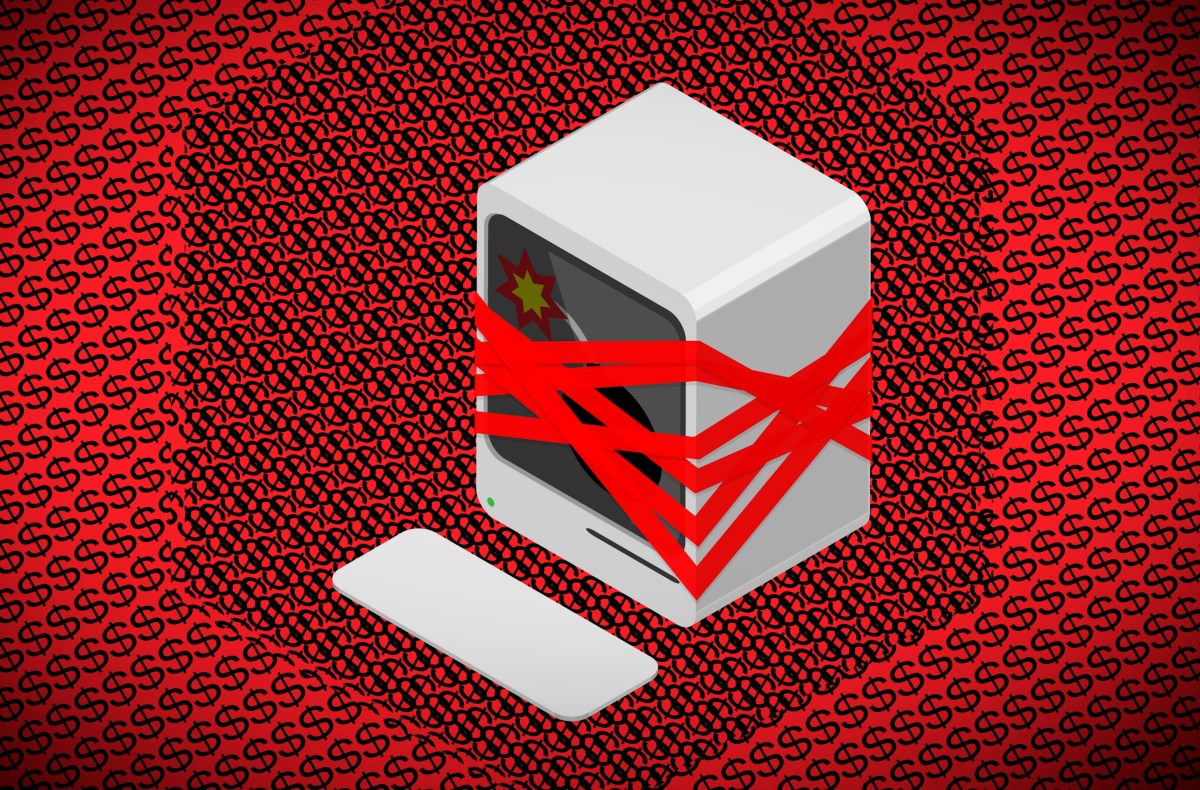‘Skinny girl’ videos are invading social media. Health experts are concerned
Across social media, influencers who have amassed large followings by sharing weight-related tips and promoting “skinny” lifestyles. One of the most controversial, Liv Schmidt, built a community of 670,000 working women by posting videos of her “skinny girl essentials.” Her content included weight loss tips, including “how to avoid the freshman 15” and “how to stop emotional eating at your 9-5 job,” often accompanied by emojis of pigs, whales, and cows. That is, until TikTok deleted her account. According to a TikTok spokesperson, Schmidt’s account was removed on September 17 for violating community guidelines. Meanwhile, Reddit users have taken credit for her account’s removal, admitting in multiple threads that they repeatedly reported her content. They accused Schmidt of “rage-baiting” and shaming others for their weight, with some pointing out her content could be flagged for violating guidelines around “eating disorders.” “I want better for our youth,” one Reddit user wrote, calling Schmidt’s content “dangerous” for impressionable TikTok users. And it’s not just Reddit users: “I don’t think we are in a space where we can ignore the harms that can be happening in the algorithm,” Johanna Kandel, the chief executive officer of the National Alliance for Eating Disorders, told The New York Times earlier this year. “The fact is that individuals can start a journey of health and wellness and within a few minutes can be served content that is extremely unhealthy for them.” In an interview with the Wall Street Journal, Schmidt said, “For me and my personal aesthetic, I like to be skinny and there’s nothing wrong with that.” Her brand revolves around body image, from her curated Amazon storefront filled with dietary supplements and protein powders, from which she earns commission, to her $9.99/month subscription group on Instagram called the Skinny Group Community Chat. Notably, Schmidt is not a certified nutritionist or health expert. Heathline suggests adding protein and prioritizing single ingredient foods in your diet, while limiting processed foods and added sugar are some of the best ways to lose weight naturally. “Recently there has been a resurgence of certain influencers promoting the desire for a thin or skinny body,” says Carolyne Keenan, the clinical director at Lotus Psychology Ltd. The internet has long blurred the lines between healthy advice and eating disorder messaging. “Whilst I don’t feel comfortable with censorship, I do think we need to support people to think critically about the content they view and unfortunately the damage from content like this could be done before there is the opportunity for that to happen,” adds Keenan. Despite the ban, Schmidt has since created a new TikTok account and is working to have her original page reinstated. Over the weekend, her bio read: “It’s not a sin to want to be thin. Saving America from obesity 1 person @ a time,” though it has since been changed.

Across social media, influencers who have amassed large followings by sharing weight-related tips and promoting “skinny” lifestyles. One of the most controversial, Liv Schmidt, built a community of 670,000 working women by posting videos of her “skinny girl essentials.” Her content included weight loss tips, including “how to avoid the freshman 15” and “how to stop emotional eating at your 9-5 job,” often accompanied by emojis of pigs, whales, and cows. That is, until TikTok deleted her account.
According to a TikTok spokesperson, Schmidt’s account was removed on September 17 for violating community guidelines. Meanwhile, Reddit users have taken credit for her account’s removal, admitting in multiple threads that they repeatedly reported her content. They accused Schmidt of “rage-baiting” and shaming others for their weight, with some pointing out her content could be flagged for violating guidelines around “eating disorders.” “I want better for our youth,” one Reddit user wrote, calling Schmidt’s content “dangerous” for impressionable TikTok users.
And it’s not just Reddit users: “I don’t think we are in a space where we can ignore the harms that can be happening in the algorithm,” Johanna Kandel, the chief executive officer of the National Alliance for Eating Disorders, told The New York Times earlier this year. “The fact is that individuals can start a journey of health and wellness and within a few minutes can be served content that is extremely unhealthy for them.”
In an interview with the Wall Street Journal, Schmidt said, “For me and my personal aesthetic, I like to be skinny and there’s nothing wrong with that.” Her brand revolves around body image, from her curated Amazon storefront filled with dietary supplements and protein powders, from which she earns commission, to her $9.99/month subscription group on Instagram called the Skinny Group Community Chat. Notably, Schmidt is not a certified nutritionist or health expert. Heathline suggests adding protein and prioritizing single ingredient foods in your diet, while limiting processed foods and added sugar are some of the best ways to lose weight naturally.
“Recently there has been a resurgence of certain influencers promoting the desire for a thin or skinny body,” says Carolyne Keenan, the clinical director at Lotus Psychology Ltd. The internet has long blurred the lines between healthy advice and eating disorder messaging. “Whilst I don’t feel comfortable with censorship, I do think we need to support people to think critically about the content they view and unfortunately the damage from content like this could be done before there is the opportunity for that to happen,” adds Keenan.
Despite the ban, Schmidt has since created a new TikTok account and is working to have her original page reinstated. Over the weekend, her bio read: “It’s not a sin to want to be thin. Saving America from obesity 1 person @ a time,” though it has since been changed.






















